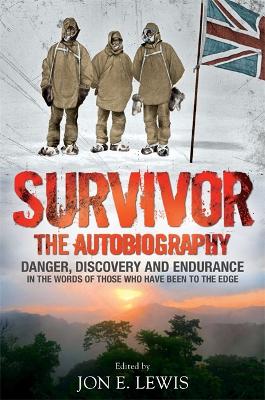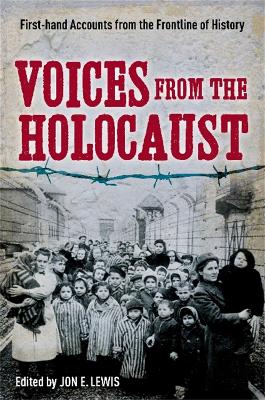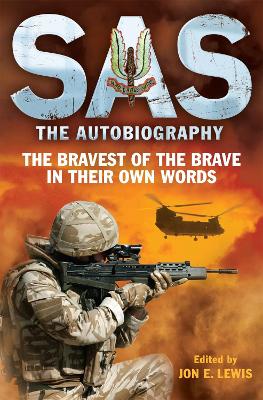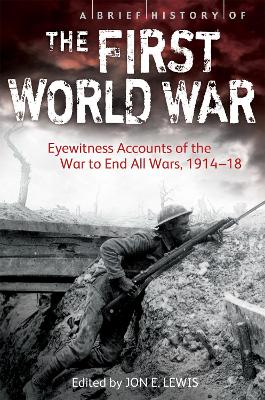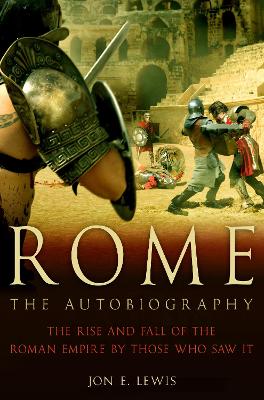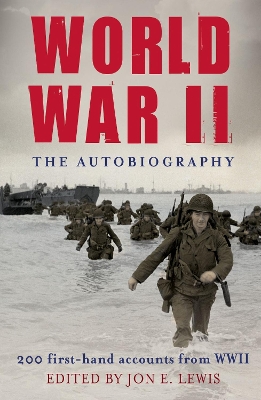Brief Histories
6 total works
This collection of classic tales comprises over 50 accounts of true-life adventure taken from contemporary memoirs, letters and journals. They span the years 1800 to the end of the 20th century, in a period which can be termed the modern age of exploration.
Inspired by Ernest Shackleton's 1914-15 escape from the bitter clutches of Antarctica, this book is by turn inspirational, harrowing, tragic and unimaginable. It recounts stories of ordinary mortals who achieved extraordinary things. From the ice-locked poles and endless deserts of Arabia to the storm-tossed South Atlantic, the rainforests of the Amazon and sheer peaks of the Himalayas, the world's most famous adventurers recount their experiences.
Includes accounts from some of the greatest ever explorers and adventurers: Captain Scott, Ernest Shackleton; John Franklin, Edmund Hilary, Laurens Van der Post, Thor Heyerdahl, John Blashford-Snell, Ranulp Fiennes, Chay Blyth, Jacques Cousteau, Nick Danziger,; Charles Lindbergh, Peter Fleming and many more.
The testament to a tragedy.
Voices from The Holocaust follows the whole history of the 'Shoah' from Hitler's rise to power to the Nuremburg trials, but of course the exterminations and death camps of 'The Final Solution' take centre stage. It tells the story from the perspective of the people who were there, and were witnesses - on both sides - of the horror.
While some of the eye-witnesses are well-known, such as Anne Frank, Primo Levi and Heinrich Himmler, the book includes recollections of camp inmates, SS Totenkopf guards and the British soldiers who liberated Belsen. Shocking, powerful and personal, Voices from the Holocaust retells history, written by those who were there.
SAS: The Autobiography is the story of the world's most famous special forces regiment by those who truly know it - the troopers and officers themselves. From the dust of the wartime desert and raids on harboured Luftwaffe aircraft to sniping al-Qaeda in the far mountains of Afghanistan, SAS: The Autobiography takes the reader on a high adrenaline history of the regiment which simultaneously lifts the shroud of mystery from the regiment's operations.
Reviews for Jon E Lewis's The English Soldier: An Autobiography:
'A triumph' - Saul David, author of Victoria's Army
'Harrowing, funny and often unbelievable book.' - Daily Express
'[A] compelling tommy's eye view of war from Agincourt to Iraq' - Daily Telegraph
The history of Ancient Rome has been passed down to us through official accounts, personal letters, annotated words of great orators and the considered histories of powerful men. It is found on inscriptions, in private memoirs and official reports from every corner of the Empire.
Over 150 pieces are collected in this autobiography of Ancient Rome, from the written accounts of Caesars and slaves, generals and poets on major battles, conspiracy and politics to the minutiae of everyday life and includes amongst them:
How to keep a slave, by Cato the Elder; The Life of a Roman Gentleman by Pliny the Younger; Gang Warfare in Rome, by Cicero; a Chariot Fight, by Julius Caesar; Female Athletes and Gladiators, by Juvenal; the Eruption of Vesuivius, by Pliny the Younger; Nero Murders Britannicus, by Tacitus; On Going to bed with Cleopatra, by Mark Antony; Homosexuals in Rome, Juvenal; Alaric the Visogoth Sacks Rome,by Jordanes; The Great Fire of Rome, by Tacitus; Gladitorial Shows, by Seneca; Two Days in the Life of an Emperor's Son, Marcus Aurelius.
A remarkable series of over 200 eye-witness accounts taken from diaries, letters, speeches, interviews and memoirs of those who were there: pilots, sailors, generals, infantrymen, war correspondents and leaders.
These include Spitfire pilot Richard Hillary's account of bailing out of his plane in the Battle of Britain; a German sailor's view of HMS Royal Oak being torpedoed at Scapa Flow; insights into Rommel's ailing health from a lieutenant in the Afrika Korps; famous war correspondent Ernie Pyle's account of GI meals during Operation Torch; Anne Frank's recollection of the rounding up of Jews in Amsterdam; the last letters home from anonymous German soldiers in Stalingrad; the view from a Japanese cockpit over Pearl Harbor on 7 December 1941; a German officer's memories of the airborne assault on Crete in May 1941; the firestorm following the bombing of Dresden in July 1943 in the words of a German woman; a lieutenant in the 1st Airborne Divsion's eyewitness account of the fighting in Arnhem; Martha Gellhorn on the aftermath of the Battle of the Bulge; a British tank officer crossing the German border on 28 February 1945; on the Kokoda Trail in New Guinea; an Allied intelligence officer being executed by the Japanese; the tunnels of Iwo Jima; and a kamikaze pilot's final letter.
